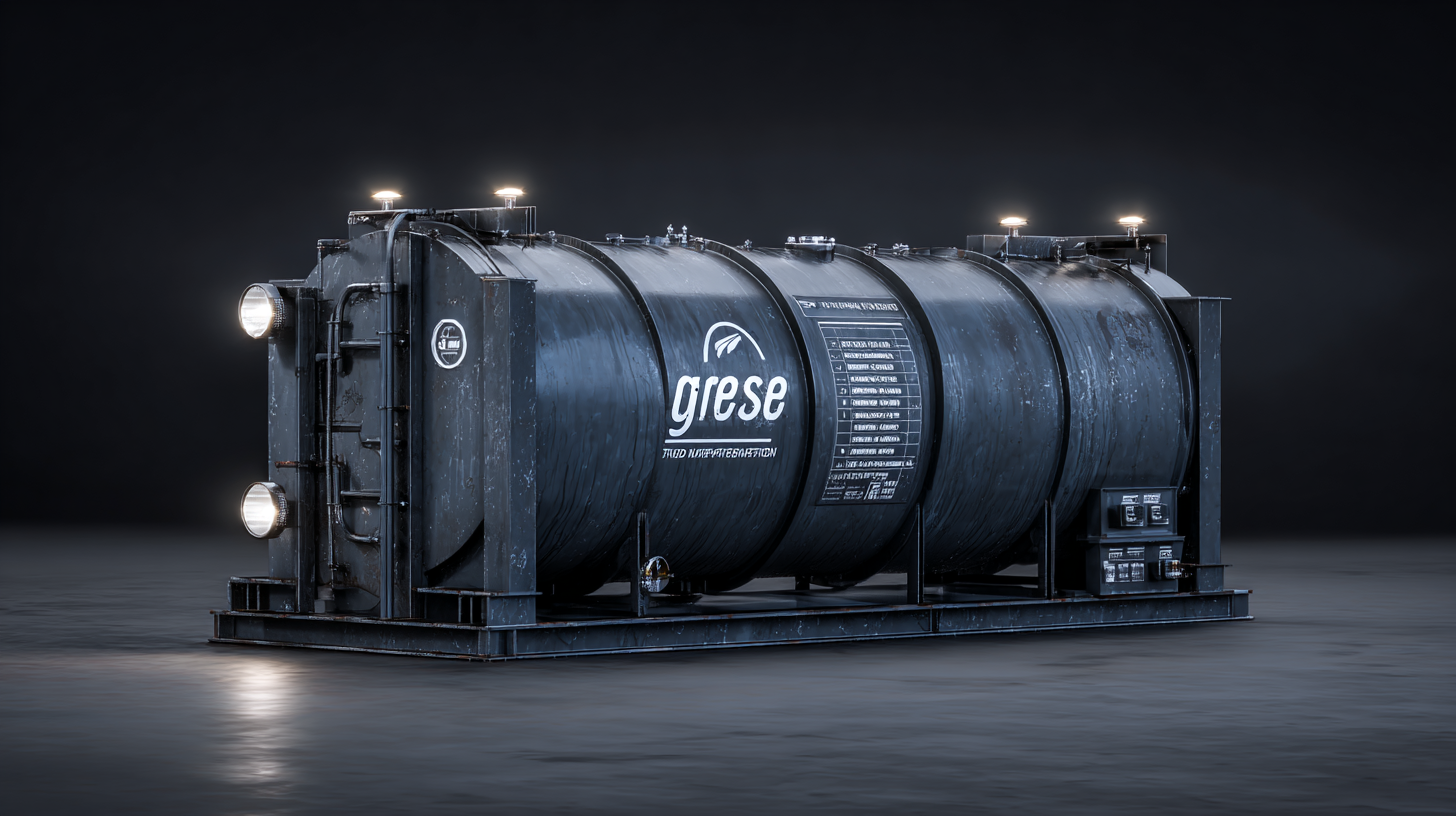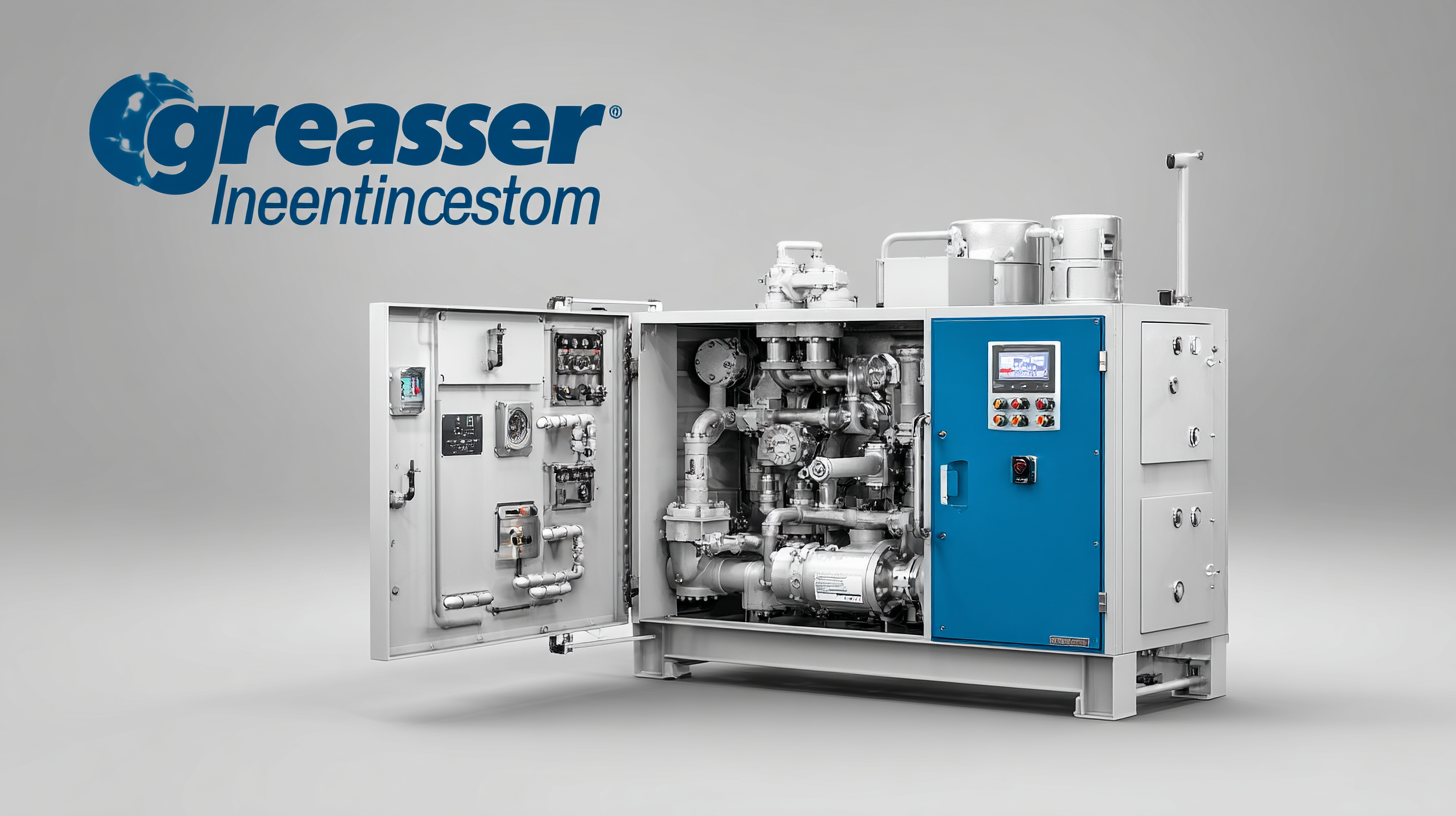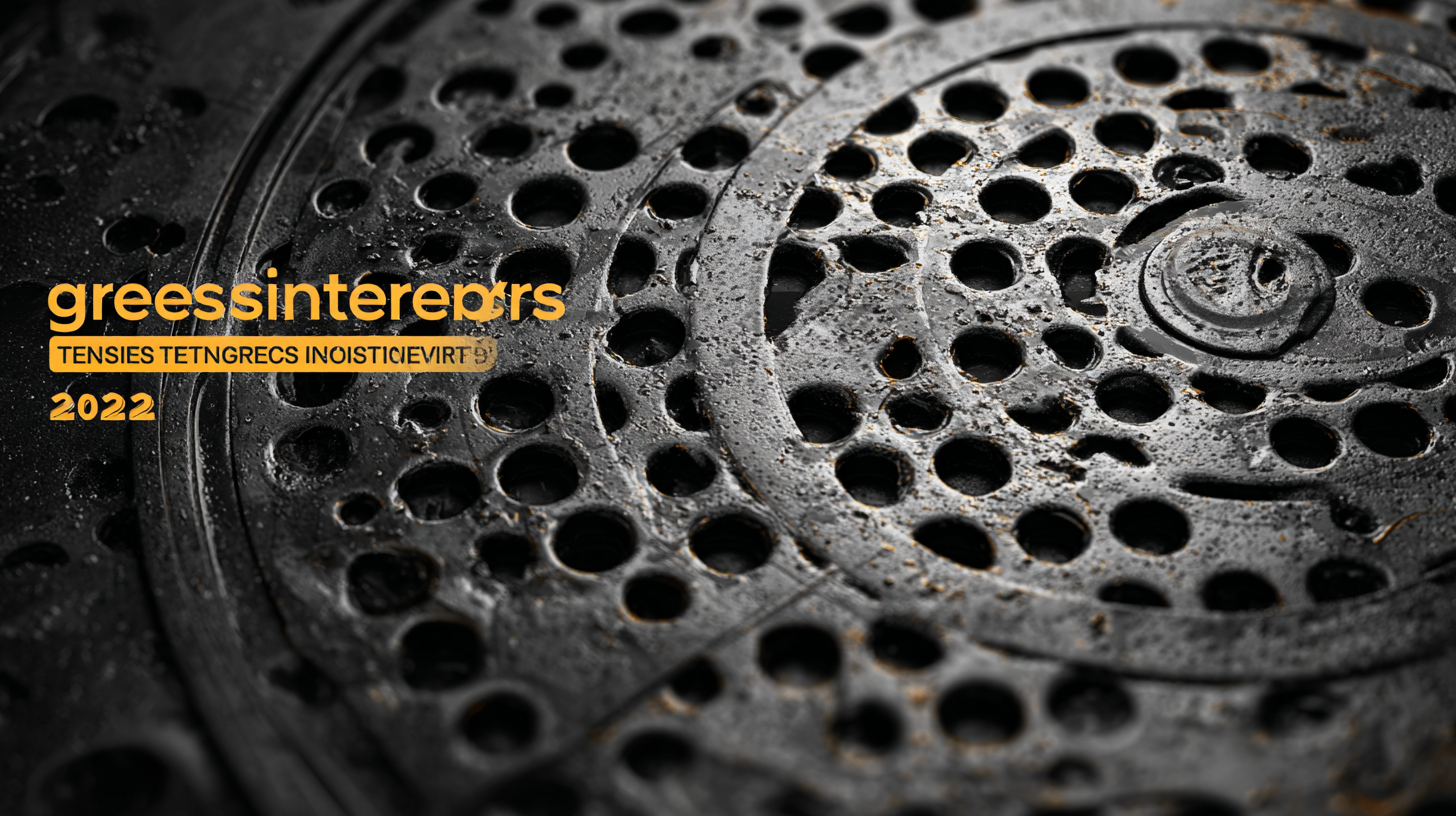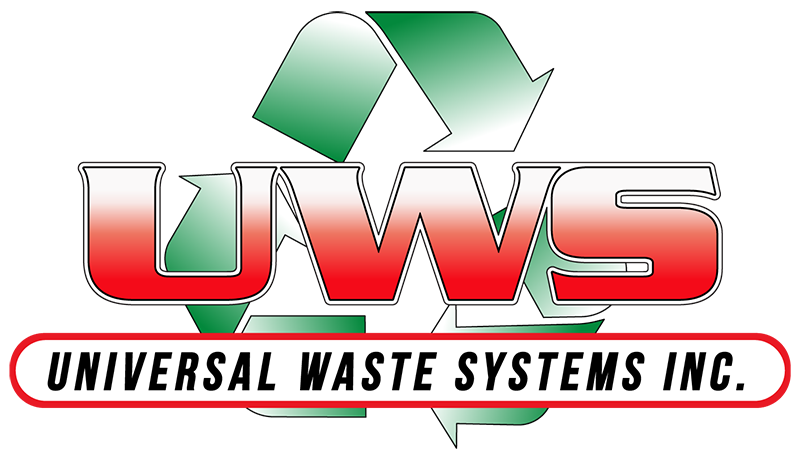Blog
How to Embrace 2025 Trends in Grease Interceptor Technology for Optimal Efficiency
As we approach 2025, the food service and wastewater management industries are witnessing significant advancements in grease interceptor technology. Grease interceptors play a crucial role in safeguarding our sewage systems from fat, oil, and grease (FOG) emissions, which can lead to costly clogs and environmental issues. According to the U.S. Environmental Protection Agency, improper disposal of FOG contributes to 47% of sewer overflows, underscoring the necessity for effective grease management solutions. Embracing innovative trends in grease interceptor technology not only enhances operational efficiency but also ensures compliance with increasingly stringent regulations. With the market for advanced grease interceptors projected to grow by over 9% annually, it is imperative for businesses to stay ahead of the curve by adopting cutting-edge practices and technologies that optimize their grease management strategies, ultimately leading to improved sustainability and reduced maintenance costs.

Embracing Innovations: The Evolution of Grease Interceptor Technology by 2025
As we look towards 2025, the evolution of grease interceptor technology is poised to revolutionize waste management in commercial kitchens. Innovations in design and functionality are bringing about more efficient and environmentally friendly solutions. The use of smart technology integrated with grease interceptors is one of the most significant advancements. These systems can monitor grease levels in real time, allowing for proactive maintenance and reducing the risk of overflows. This not only saves restaurant owners from costly fines but also contributes to more sustainable waste disposal practices.
Additionally, advancements in materials and construction methods are enhancing the durability and effectiveness of grease interceptors. With the introduction of lightweight yet robust materials, these systems require less energy for installation and maintenance. Moreover, improvements in filtration technologies are enabling grease interceptors to separate and process waste more efficiently, significantly minimizing the environmental impact. As we embrace these technological advancements, the food service industry will benefit from reduced maintenance costs, improved compliance with regulations, and a stronger commitment to sustainability. The journey towards 2025 is not just about keeping up with trends; it’s about leading the charge towards a cleaner, more efficient future in grease management.
Global Standards: How Quality Drives Grease Interceptor Market Success
The grease interceptor market is increasingly influenced by global standards that prioritize quality, ultimately driving success for manufacturers. As highlighted in recent reports, including the Grease Manufacturing Cost Analysis Report 2025, the emphasis on efficiency and performance in product design is crucial for meeting higher regulatory standards. This trend not only enhances operational efficiency but also ensures compliance with environmental regulations, making products more appealing to both commercial and governmental clients.
To maximize your impact in this evolving landscape, consider implementing advanced technologies in your manufacturing processes. For instance, investing in high-speed spindles, capable of sustaining 25,000 rpm, can significantly improve production efficiency and product quality. Moreover, fostering partnerships that can bolster your distribution channels in emerging markets, like those recently explored in Sudan and the Democratic Republic of Congo, is essential for tapping into new customer bases.
Tips: Regularly review and adapt your production methodologies to align with the latest industry standards. Engage with market analysis reports to stay ahead of trends and understand consumer needs. Lastly, prioritizing quality assurance throughout your production can distinguish your offerings in a competitive market, driving sustainable growth.

Efficiency Metrics: Measuring the Impact of Advanced Grease Interceptor Systems
As industries gear up for 2025, embracing new trends in grease interceptor technology is paramount for enhancing efficiency. Advanced grease interceptor systems are designed with sophisticated metrics that emphasize performance measurement, ensuring that facilities can monitor their waste management processes effectively. Recent studies indicate that the efficiency of such systems is comparable to that of innovative lubrication-cooling approaches evaluated for broaching medium-carbon steel, highlighting the interplay between manufacturing processes and environmental sustainability.
Measuring the impact of these advanced technologies often involves assessing various efficiency metrics—such as reduction in waste generation and improved lifecycle analysis. By incorporating data-driven methods and systematic literature reviews encompassing industrial wastewater management, stakeholders can identify enablers that facilitate the transition to greener practices. Such metrics not only support compliance with environmental regulations but also promote a culture of continuous improvement within organizations, paving the way for a more sustainable industrial future.
Efficiency Metrics: Measuring the Impact of Advanced Grease Interceptor Systems
Sustainability Practices: Eco-Friendly Approaches in Grease Management Solutions
In today's environmentally conscious world, sustainability practices are not just a trend but a necessity in grease management solutions. Embracing eco-friendly approaches can significantly reduce the impact of grease interceptors on the environment while enhancing operational efficiency. Utilizing biodegradable cleaning agents in grease management can help minimize harmful chemical runoff, contributing to cleaner waterways and a healthier ecosystem.

One effective tip for achieving sustainability in grease interceptor technology is to invest in regular maintenance. This not only extends the life of the interceptor but also ensures that the system operates at peak efficiency. Regular inspections can identify potential issues early on, preventing costly repairs and reducing waste. Additionally, consider adopting a scheduled service plan with a reputable waste disposal company that prioritizes eco-friendly practices.
Another way to enhance sustainability is through the integration of advanced monitoring systems. These technologies provide real-time data on the performance of grease interceptors, allowing facilities to optimize their grease management processes. By adjusting to actual needs instead of following a fixed schedule, businesses can reduce waste generation and make informed decisions that benefit both the environment and their operational costs.
Future-Proofing: Preparing Grease Interceptor Technologies for Global Demand in 2025
As we prepare for the anticipated global demand for grease interceptor technologies in 2025, future-proofing these systems is crucial for efficiency and sustainability. According to a recent report by the National Sanitation Foundation, grease-related issues contribute to over 47% of the sanitary sewer overflows in urban areas. This statistic underscores the need for advanced interceptor designs that not only meet regulatory requirements but also enhance operational performance. By integrating smart technology, such as real-time monitoring systems, facilities can optimize grease trap maintenance and reduce the occurrence of clogs and system backups.
Looking ahead, the global market for grease interceptors is projected to grow by 4.5% annually, reaching a value of over $2 billion by 2025 (TechNavio, 2023). This rising demand emphasizes the need for manufacturers to innovate and adapt their technologies to include materials that are more durable and resistant to corrosion. Furthermore, environmentally-conscious designs that incorporate energy-efficient features and reduce waste generation will be key in aligning with sustainability goals. As such, the approach taken today in design and implementation directly influences the success of grease interceptor technologies in the competitive market of tomorrow.
Request a Quote
Fill out the form below and one of our specialists will contact you to discuss your questions and needs.
